
Devoted to Catholic Educational Tradition
Schola Rosa's philosophy of education draws extensively upon the classical and medieval model of the trivium and quadrivium as well as the more modern (yet still Classical) approach of Charlotte Mason. We seek to carry on the Venerini tradition of educating for the salvation of souls by guiding even the youngest students guided through an integrated educational program that is formative and built upon the treasures of our rich, Catholic culture. The Schola Rosa parent materials aid rather than replace parents, the primary educators, in guiding students to develop a true understanding of history and nature in which the incarnate Christ is the beginning, the middle and the end. Our way of teaching is really to foster a "way of understanding" for the whole family, focused upon those things which are true, beautiful, and good.

Christian, Classical, & Charlotte Mason
We are devoted to finding the unified vision of the whole and the specific "meaning of a science or art . . . the specific truth or beauty it offers us" (Education at the Crossroads, Jacques Maritain). Further, as Mitchell Kalpakgian writes, "The contemplation of goodness, beauty, or truth ... appears not only in the thought of Plato or St. Thomas Aquinas but also in children's literature" (The Mysteries of Life in Children's Literature). The "classics" of children's literature are that which "cultivate in young minds a sense of wonder, an awareness of the mystery of life, and an awe at the nature of things, the number of things, the way things change, and the way things work." By carefully choosing stories rich in meaning, black and white in morality, and just in cause-and-effect, the classics offer a foundation at the elementary level for the books and discussions to come later.
Schola Rosa provides the foundations of the classical cannon of the liberal arts, including the trivium ~ grammar, logic, and rhetoric ~ and the quadrivium ~ arithmetic, geometry, music, and astronomy. Through language we teach grammar and logic, and through recitation and presentations we work at rhetoric. The quadrivium studies are included at an experiential level, inviting the student to experience astronomy, geometry, music, and arithmetic through observation and experiment without the necessity of worksheets. Finally, the principles of Charlotte Mason education are also used as inspiration in our choices for teaching virtue, science, and language acquisition.
Intermediate and advanced Schola Rosa materials provide the trivium and quadrivium courses in earnest, as well as a great books and Socratic discussion component. The philosophy described here applies to these levels of Schola Rosa, which are crafted to reflect the courses offered through the online academy.
Inspiration from Charlotte Mason and Linguistic Research
"Education is a discipline - that is, the discipline of the good habits in which the child is trained. Education is a life, nourished upon ideas; and education is an atmosphere - that is, the child breathes the atmosphere emanating from his parents; that of the ideas which rule their own lives" (Vol. 2, p. 247).
- Discipline ~ Built into the Schola Rosa curriculum is a Virtue-Training program that is infused in the history lessons and that is re-enforced at co-op meetings each week. The Virtue program seeks to cultivate the discipline of good habits.
- Life ~ This is the part for dealing with what and how to teach. In teaching the three R's (reading, writing, and arithmetic) and ideas, we want to form their minds to think about these ideas with clarity, so choosing authors that express ideas well and with great interest is our goal. What we have specifically adopted into the Schola Rosa program are the concepts of "Living Books" and eloquent English; thus, we seek to choose books that were written by someone excited about the topic and books that use a robust English, not simplifying the language to the point of being remedial.
- Ideas ~ Integration is Key ~ The Schola Rosa program brings students into the Good Conversation of ideas, and families provide a Catholic atmosphere of home and Church liturgy. The integration of ideas into family life creates the possibility of the synthesis of our Catholic ideas and education. Both of these aspects are worked into every subject without separation or division. This is why we advocate co-op teachers teaching more than one subject, so they may experience the same level of integration that students experience.
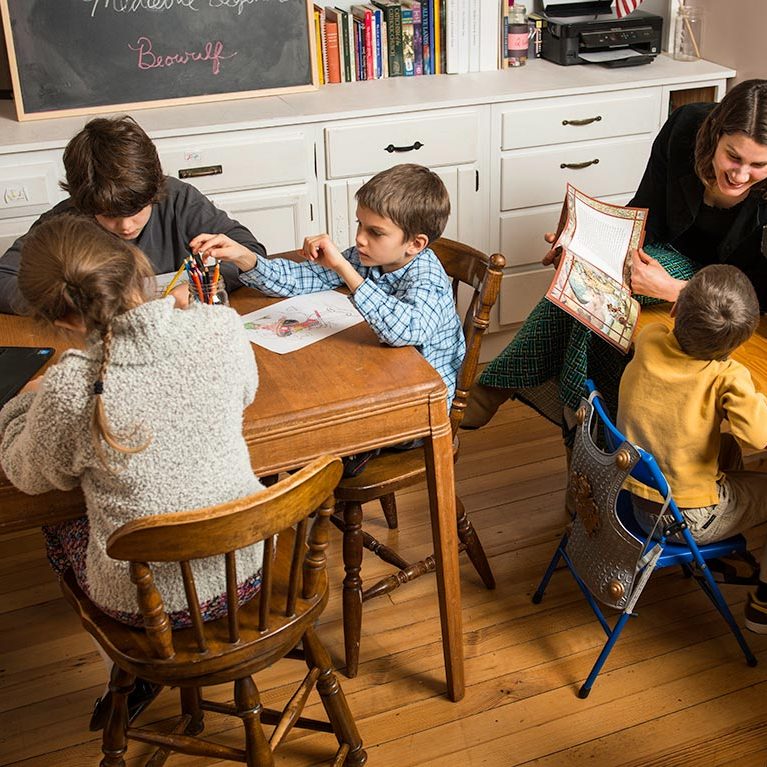
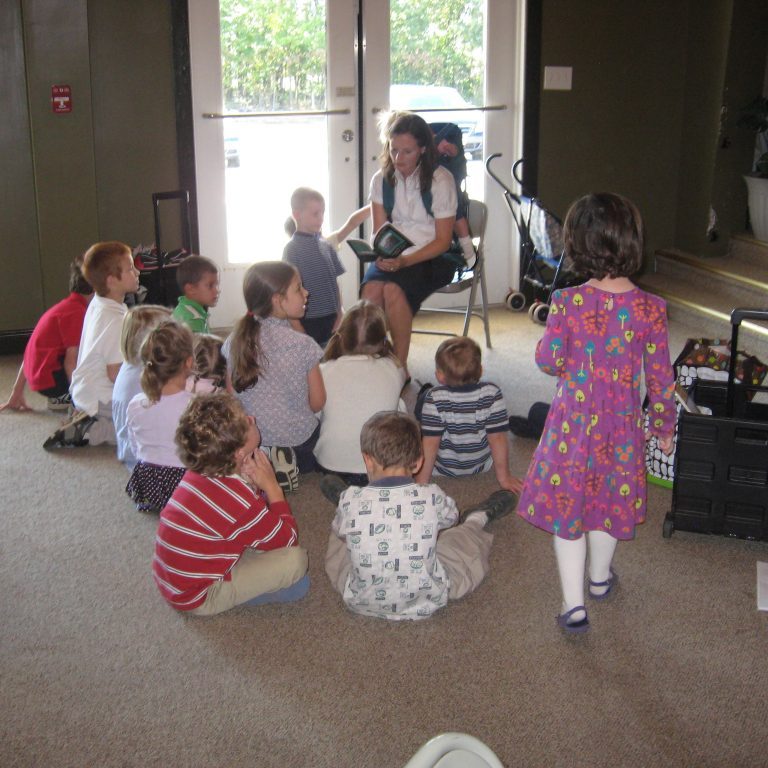
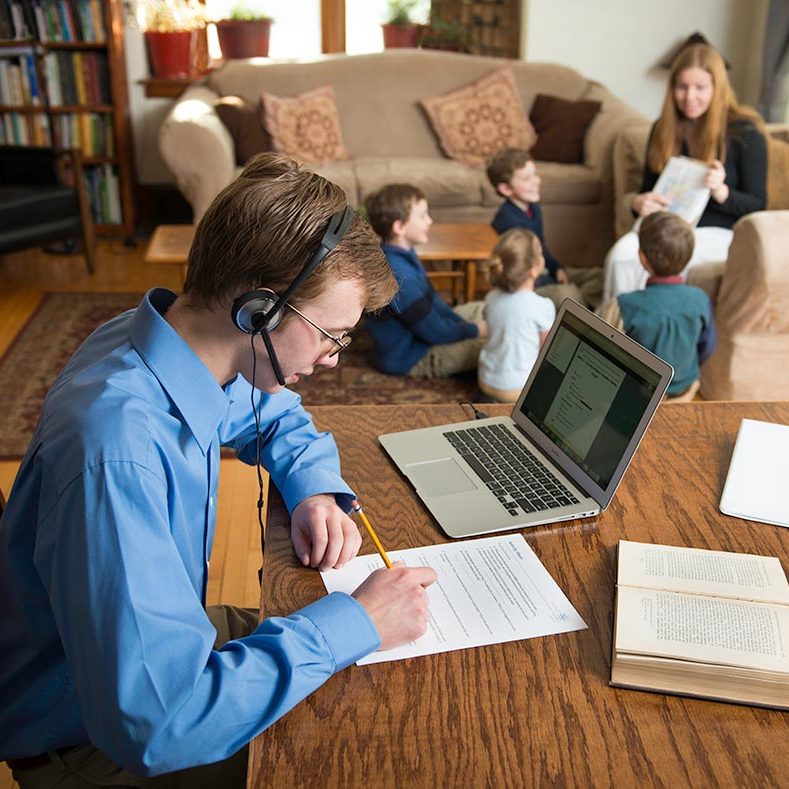
How do we Integrate Ideas Across Subjects
- We have been inspired by Pope Pius XII's writing entitled "On Sacred Music" for its focus on beauty as having the power to elevate the human mind to the sublime. In accord with this writing, when students learn the parts of the Mass, they are learning the traditional Latin chants. Also, as we seek to cultivate a western and Catholic identity in our students, we have chosen folk songs and Catholic hymnody as the center-pieces of the music program. We have also chosen a music program that teaches systematically the order of music, the mathematics.
- When choosing illustrated versions of books for preschool, history, or literature, we choose only those that have been illustrated in accord with the philosophy of beauty taught in the art program.
- Even in science, we seek to understand how things work to see more deeply the beauty of the created world and to cultivate wonder.
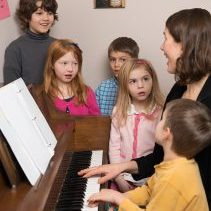
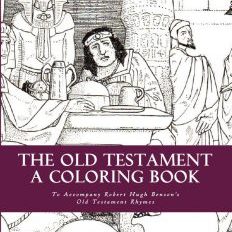

Teaching Beauty ~ Inspiration Taken from Created World

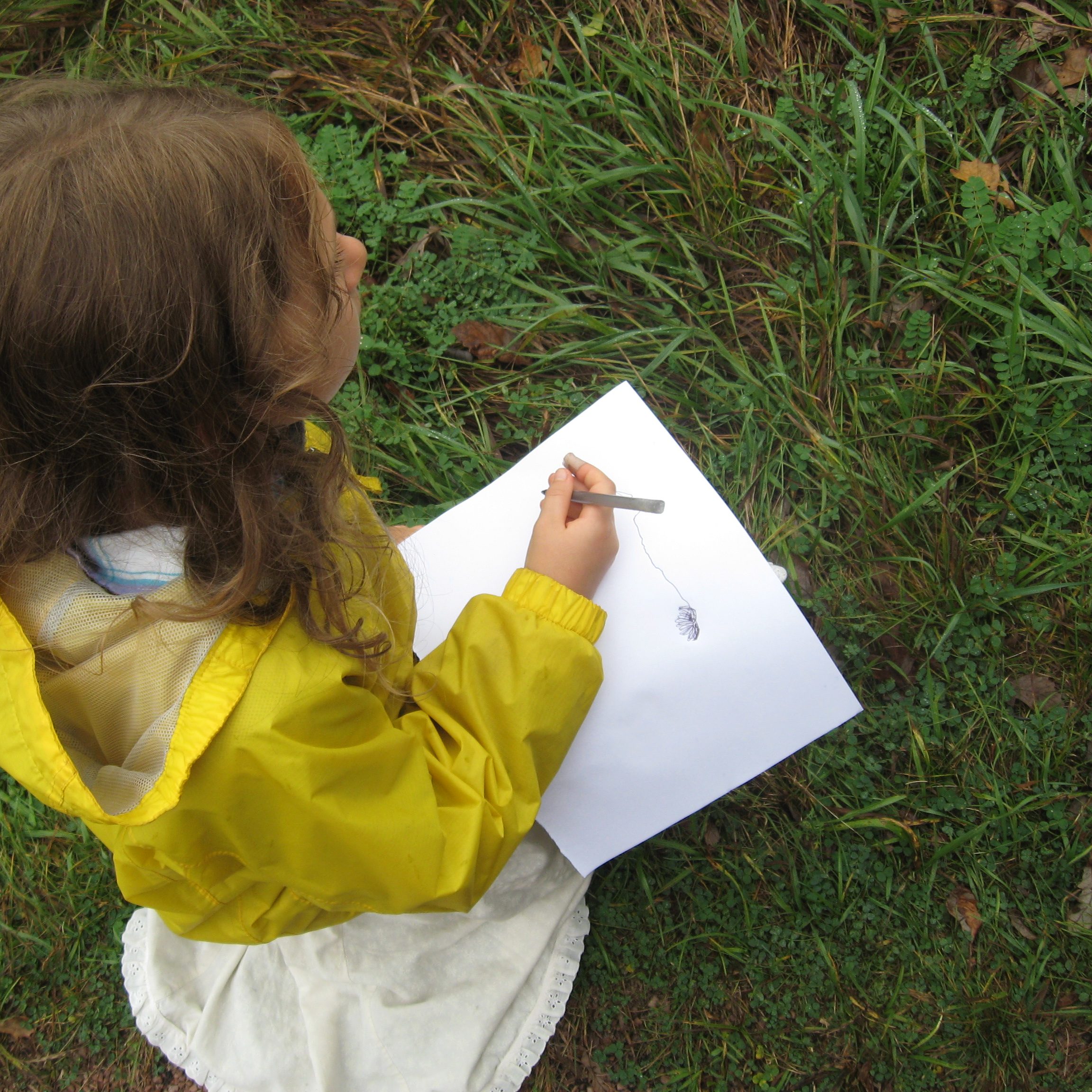
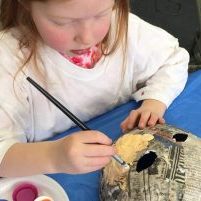
How do we teach Religion?
Throughout Schola Rosa, the unity of Truth is emphasized. We therefore integrate the study of our Faith into the curriculum across subjects. As an extra resource, we provide the catechetical series Our Holy Faith. When searching for a Catechism resource, we were drawn to these books in particular for their robust explanations of Church doctrine and of liturgical meaning. These books have been educative for adults as well as their children in the Schola Rosa program. The illustrations are realistic and demonstrate both the realism and mysticism of "our holy faith." Children everywhere have been drawn to these books and take great care in hearing more ~ making certain that mother does not forget the religion lesson.
